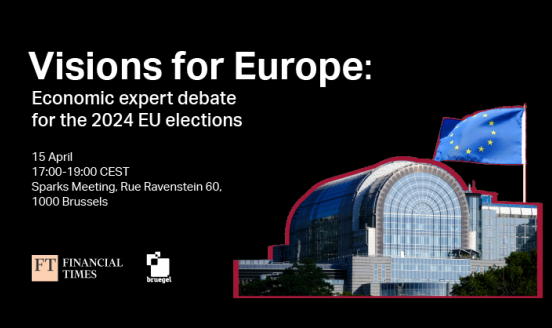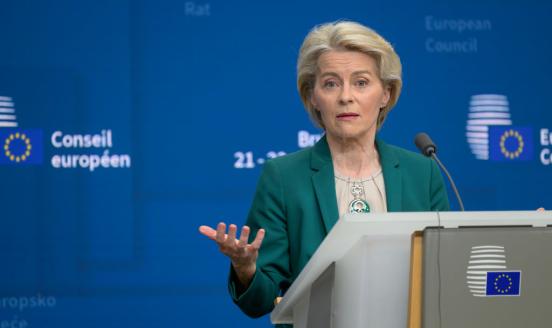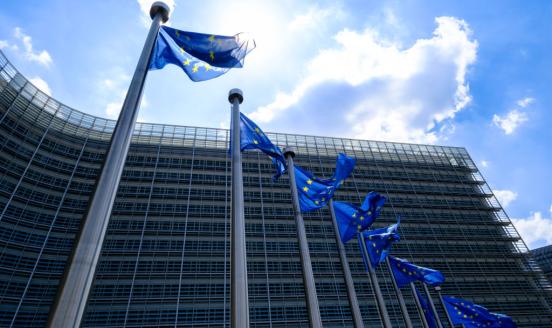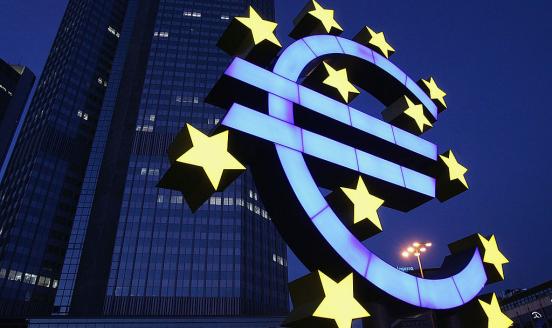
Macroeconomic policy and governance
Rigorous and diligent analysis of monetary and fiscal policy as well as structural policies that contribute to economic policy post-pandemic.
Bruegel’s macroeconomic policy research looks at monetary policy, fiscal policy and structural policies that will contribute to economic policies in the post-pandemic era. On monetary policy, our scholars have observed how central banks in advanced economies are being confronted with multiple dilemmas as inflation rises, while the European Central Bank’s pandemic emergency purchase programme continued. On fiscal policy, the main question has been when and how to roll back the stimulus as unemployment levels reached record lows.
Bruegel scholars continue to evaluate the measures put in place during the COVID-19 crisis in EU countries. Our researchers also assess structural policies to be put in place after COVID-19. Even though the horizon remains uncertain, given the evolution of the pandemic, questions such as the future of productivity growth after COVID-19 are important factors for recovery after decades characterised by slow productivity growth in advanced countries.
Macroeconomic policies

What visions for Europe? Unpacking EU parties’ economic strategies
The EU elections are around the corner. What economic plans are the parties advocating for?

Exporte nach Russland wirksamer kontrollieren

European natural gas imports
This dataset aggregates daily data on European natural gas import flows and storage levels.

Climate change, the next big financial threat
A warming planet poses new risks to European sovereign debt. How can the continent protect itself?

Industrial policy for economic security
Events

AI in the labour market: balancing disruption and development
How can we maximise the benefits of AI while addressing its potential negative impact on income distribution and labor markets?

The macroeconomics of decarbonisation
At this event we will launch the book "The Macroeconomics of Decarbonisation: Implications and Policies"

Talks@Bruegel: China's tech regulations and global tech rivalry with Angela Zhang
How China governs Big Tech and regulates Artificial Intelligence?
European governance

Halftime for the European Union’s recovery fund: is the glass half full or half empty?
How has the RRF performed at its halfway point in terms of implementation, results orientation and additionality for future EU funding instruments?

Visions for Europe: Economic expert debate for the 2024 EU elections
Bruegel and the Financial Times partnered up to host a debate featuring representatives from EU political parties on EU economic issues

The impact on the European Union of Ukraine’s potential future accession
This report evaluates the impact on the EU of a possible EU accession of Ukraine, focusing on economic consequences and institutional developments.

1982: the debt crisis that could have destroyed Western banking
What we can learn from four decades of financial turmoil and recovery

Stay away from Russian money
The EU would shoot itself in the foot by confiscating Russian assets and giving them to Ukraine
Podcasts

How war in Ukraine brought Europe together
EU countries have resisted splintering factions since Russia’s 2022 invasion

What to do with frozen Russian assets
How could the EU help further fund Ukraine two years into the war?

Strengthening EU competitivenss
Views and policy solutions on EU competitiveness.

Taking stock of EU economic security
When we discuss economic security, what are we actually talking about?